Disney’s Into The Woods has a stellar cast and crew who brought the Sondheim musical to the big screen. The film is directed by Rob Marshall, an award-winning director and choreographer known for his work on Chicago, Pirates of the Caribbean: On Stranger Tides and Memoirs of a Geisha. Anna Kendrick plays Cinderella, one of the princesses weaved into this modern fairy tale, and she brings her award winning talents to the plate. I had the wonderful opportunity to participate in a Q&A with Marshall and Kendrick. Marshall spoke highly of the humble actress who’s favorite musical is Parade and confides that musicals mean so much to her.
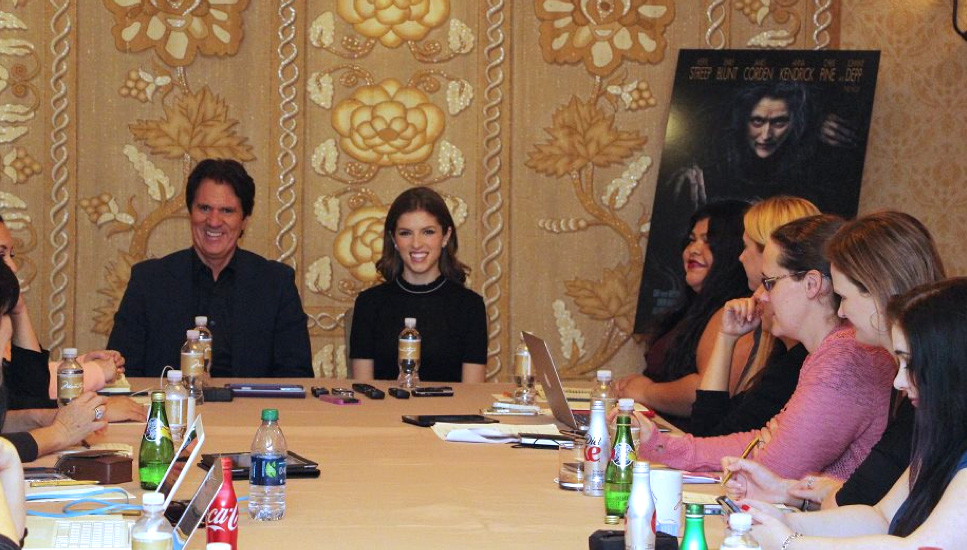
You talked about how the cast was such a surprise to you and especially in relation to their talents. What surprised you most about Anna Kendrick?
KENDRICK: I’m so embarrassed. I should leave the room.
MARSHALL: It’s easy to talk about Anna because I adore her. The truth is, her voice is extraordinary and I think everybody looked up to her in the cast because of that. She comes from a very rich background with her Broadway experience since she was a child. So to have that gift is amazing! I guess what surprised me the most about Anna is her range as an actor. The fact that she was able to open up with this piece and show such depth, vulnerability, agility and complexity.
Meryl Streep called Anna’s role the most complex character in the film because of what she’s dealing with and she’s right because it needs a great internal depth. Listen, Anna’s an Oscar nominated actor who’s done enormous amount of beautiful work on film and on stage but to see the full range of what she has and to be able to open that up. It’s an exposing thing as an actor to be able to let you in and Anna lets you in this movie. She lets you into this person who’s indecisive and not sure and wrestling with what she’s feeling and it’s a very brave personal, beautiful performance and I’m very proud of it. Very proud of her.
KENDRICK: Thanks, Rob.
You have called this cast a company. So what defines the company and what made this cast that definition?
MARSHALL: A company is everyone working together. I mean it’s as simple as that. Everybody working together for the same thing. When I cast people I not only cast them for the talent and for playing the roles but I also cast them for who they are. I have around me people I like and people that are wonderful to work with and are there for the right reasons. I’ve certainly come across actors that sometimes aren’t exactly there for the whole. You know, what I mean? It’s about them and this piece in particular is an ensemble piece. We were all aware of that from the very beginning and this cast understood that. You always have to be feeding this gorgeous Sondheim, James Lapine piece.
There was a sense of honoring this beautiful piece. We’re all very lucky. Musicals are few and far between anyway. A Sondheim musical is really few and far between and so we felt very lucky to be doing that. I felt everybody supporting each other. Rehearsals helped enormously, having that time to create that company because that’s when everybody’s doing things for the first time and it’s exposing. Everybody’s working hard, to do it together. Wouldn’t you say Anna that during the rehearsal was a bonding experience for people?
KENDRICK: It was an equalizer because we were all terrified and there’s nothing like terror, to make you forget what you thought the hierarchy was going to be when you arrived. That there would be a feeling of a food chain or something and to be just in it doing the work, especially when we were all so intimidated by the music. It just made you realize we’re all in the same boat here.
How much rehearsal did you guys have before actually shooting?
MARSHALL: It’s interesting. We had four weeks of rehearsal and then two weeks of prerecords but continued to rehearse while we were prerecording so I guess all together, six weeks before we started really filming.
Every girl dreams of playing Cinderella. How did it feel playing a different kind of Cinderella, almost like a modern day Cinderella in a way? What’s the thought process?
KENDRICK: It’s funny because I think a lot of girls’ dream of playing Cinderella and a certain kind of girl dreams of playing Sondheim Cinderella. We love those kinds of girls and I think that she is very modern. I’m glad that some people are surprised by her but, it is a Cinderella that has existed since about 1987, so I didn’t have that sense of responsibility or anything about it. But, I think that something that we do to ourselves as women, especially modern women, we instead of trusting our instincts, I think we have a tendency to feel a responsibility to weigh every option and look at things from every angle and ask our mom and ask our sister and ask our friends and we find ourselves in situations or committing to certain things that our gut is telling us is not gonna make us happy or is gonna be harder in the long run.
So that was really fun to play that she’s talking herself into things and out of things. I think that by the end of it for her to realize what’s important, once she is in a situation where an entire community has to come together, and decided what’s really important to them then it becomes pretty easy to say goodbye to this guy who’s sort of a tool.
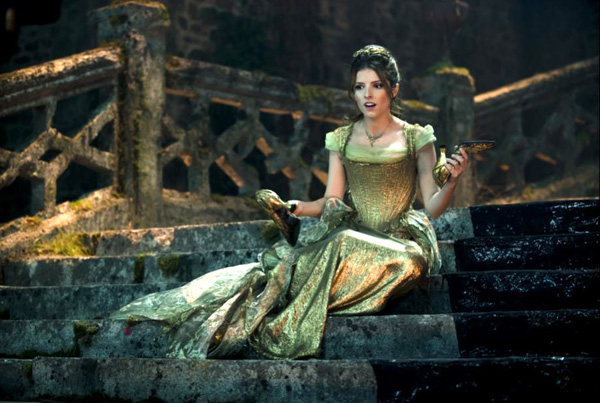
Besides the live audience obviously what is the biggest difference and or challenge, this is for both of you, directing, acting, about doing a musical piece on film versus theatre?
MARSHALL: When you’re doing a movie musical it’s almost like doing two films at once in a way because you have that huge musical side of it. It’s a big portion of it and it takes a lot of time to do well. On stage, the eight shows a week thing is incredibly tough. On film, I guess the difference is that you have to do it with such specificity and you can’t lie on camera. What’s a beautiful thing about this piece is that it’s really a combination of live and prerecorded. The test for me is it should always feel live. Like when you’re watching it, it should seem like it’s happening in the moment. You shouldn’t know where it’s live and where it’s not.
It should all feel live, every bit of it but Anna certainly sang a lot of it live and because she can but, you have to just make sure that the material that you’re doing is in honesty. I mean film doesn’t lie. You know, there’s a theatricality sometimes on stage that you can kind of push and put across but if the camera’s so close and it’s taking in so much there’s an honesty to the work that has to be there.
KENDRICK: And the microphone doesn’t lie either. People I think, that if something is pre-recorded that means that you got to cheat a lot but the microphone hears everything. I was amazed when we would hear playback that I thought I was doing the same thing take after take and there would be so many different colors. It catches everything the way that the camera does.
MARSHALL: You know, it’s interesting. Someone asked me, so did you enhance these performances in any way shape or form and I thought what are you talking about? No. I don’t even know how to do that. I don’t even know what that is. The joys of the piece is that you feel the character, even the imperfections of the voice. I don’t want perfect voices. I want the emotion and the actor to come out. That’s the most important thing. The fact that they all sing so great is a testament to the incredible work they put into this piece and they all can really sing, even people that were new to singing for the first time like Chris Pine or Emily Blunt or James Corden. These people that are new to singing, they just worked incredibly hard to make it happen and Anna’s role as Cinderella is so difficult to sing, you know. She’s belting the last note of her song. I mean what is that an “E”?
ANNA: It’s an E flat. It’s the “Let It Go” note. I’m sure you’re all familiar with that song.
You’re kind of bringing musicals into a whole new generation of younger viewers. What is it about musicals that make you want to do them.
KENDRICK: I’m doing musicals ‘cause they’re making musicals. It’s a grand time to be alive and working. Frankly, I’m so grateful that Rob ushered in an age when people would make a movie musical and I do feel quite greedy at times but it’s only because I am worried that I’ll have these handful of opportunities. These things are cyclical and people get spooked and what if they stop making movie musicals? So, it’s not the plan to make them exclusively for the rest of my life but they just mean so much to me. I love being a part of it as long as anybody will let me.
MARSHALL: It’s in your blood. Anna has it in her blood. You either have it or you don’t. What does Mama Rose say? You either have it or don’t. You know, that’s what she has.
Do you think this role changes how little girls will view princesses?
Kendrick: I hope so. I love that girls now seem to be asking for that and embracing that. I saw the Bernadette version on VHS when I was about a ten and I remember being so compelled by it, and knowing even at the time that there were themes that I didn’t fully understand. It’s something that I could revisit as I got older, knowing it would mean something different to me at 16 and 25 and it will mean something different to me in a decade.
And to me the idea that we’re seeing a princess who chooses the unknown over security I think is an important message for girls but I also think that the idea that it’s not as simple as “right and wrong” and “who’s a good guy and who’s a bad guy” especially, when breakups and divorce and separation are a part of our lives all the time. They happen all the time and I think it’s a really outdated notion that one person is right and one person is wrong and I hope that Cinderella’s journey in this is a reflection of that and a reflection of forgiveness and compassion.
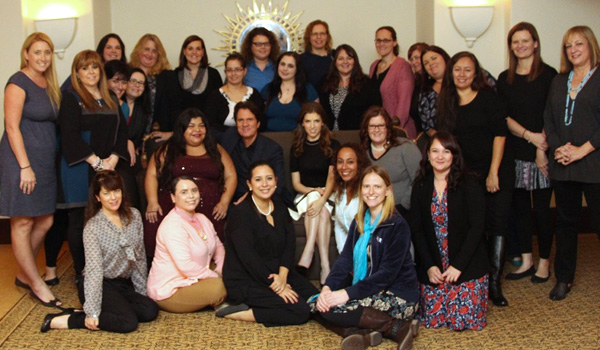

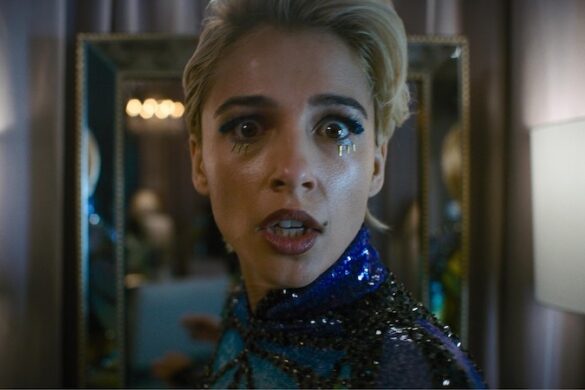
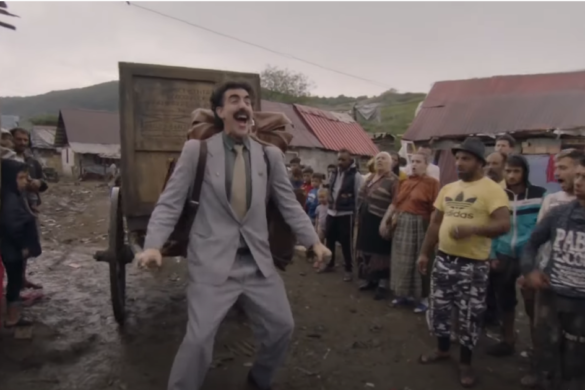
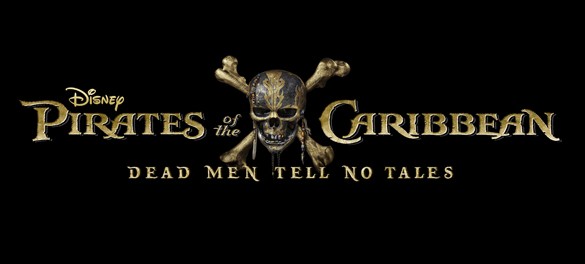
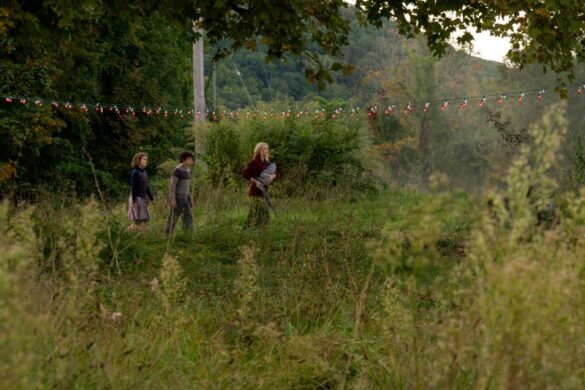
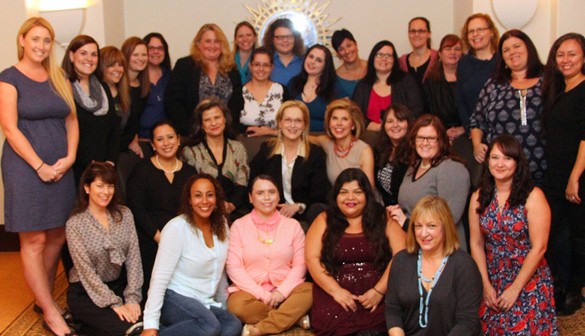
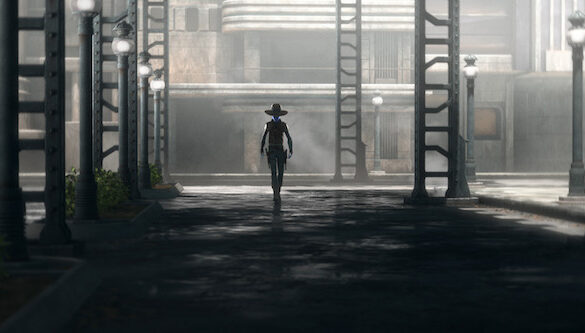
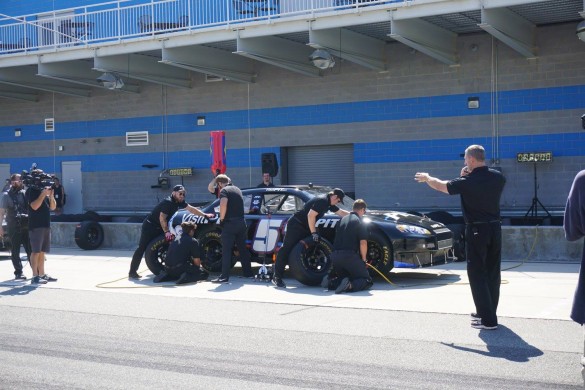
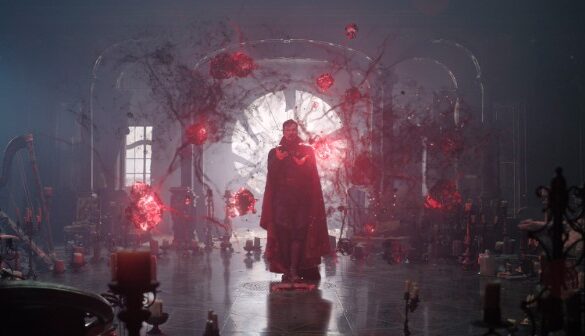
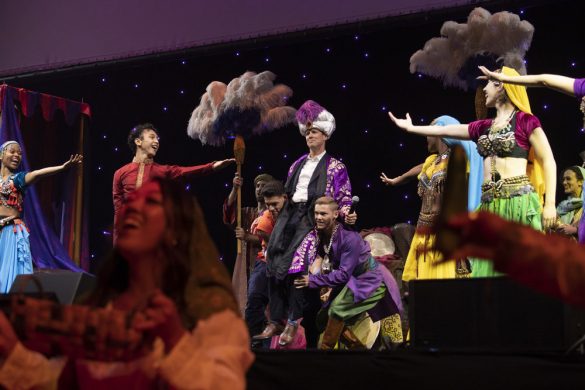
1 comment
This was such a great interview and such a talented couple of people! I love how they’re so supportive of each other’s talents.